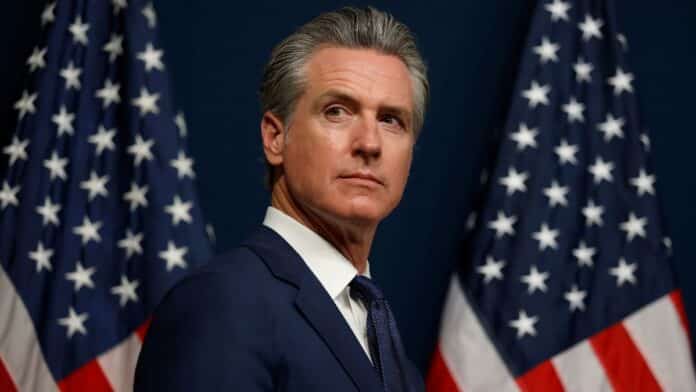Jimmy Kimmel’s return to late-night television sparked a short-lived ratings boost, but the momentum collapsed almost immediately. After drawing more than 6.2 million viewers for his comeback show following suspension, his numbers plunged to just 2.3 million by Thursday—a 64% drop in only two days.
The slide was steepest in advertiser-coveted demographics. Among adults 25–54, ratings fell by 73%, dropping from 1.7 million to only 465,000 viewers. In the 18–49 bracket, his audience dropped by 72%, with just 334,000 tuning in by week’s end. These figures reveal a rapid loss of interest, suggesting the initial surge reflected curiosity about his suspension rather than renewed loyalty.
The decline also reflects a broader trend. Over the last decade, Jimmy Kimmel Live! has shed about 72% of its viewership among adults 25–54, once considered the late-night gold standard. Competing shows have struggled as well, but Kimmel’s sharp losses highlight the shrinking influence of politically charged late-night programming.
Kimmel’s troubles come as networks weigh the future of traditional late-night television in an era dominated by streaming and on-demand platforms. Disney, which owns ABC, promoted Kimmel’s return heavily, touting the initial rebound as a success. But by the end of the week, the collapse made clear that a viral moment could not reverse years of steady audience erosion.
This latest decline adds to mounting challenges for broadcast networks. Once a cultural staple, late-night shows increasingly rely on controversy for temporary spikes, but long-term viewership continues to dwindle. For Kimmel, the sharp downturn underscores how little staying power remains in a fractured media landscape.












